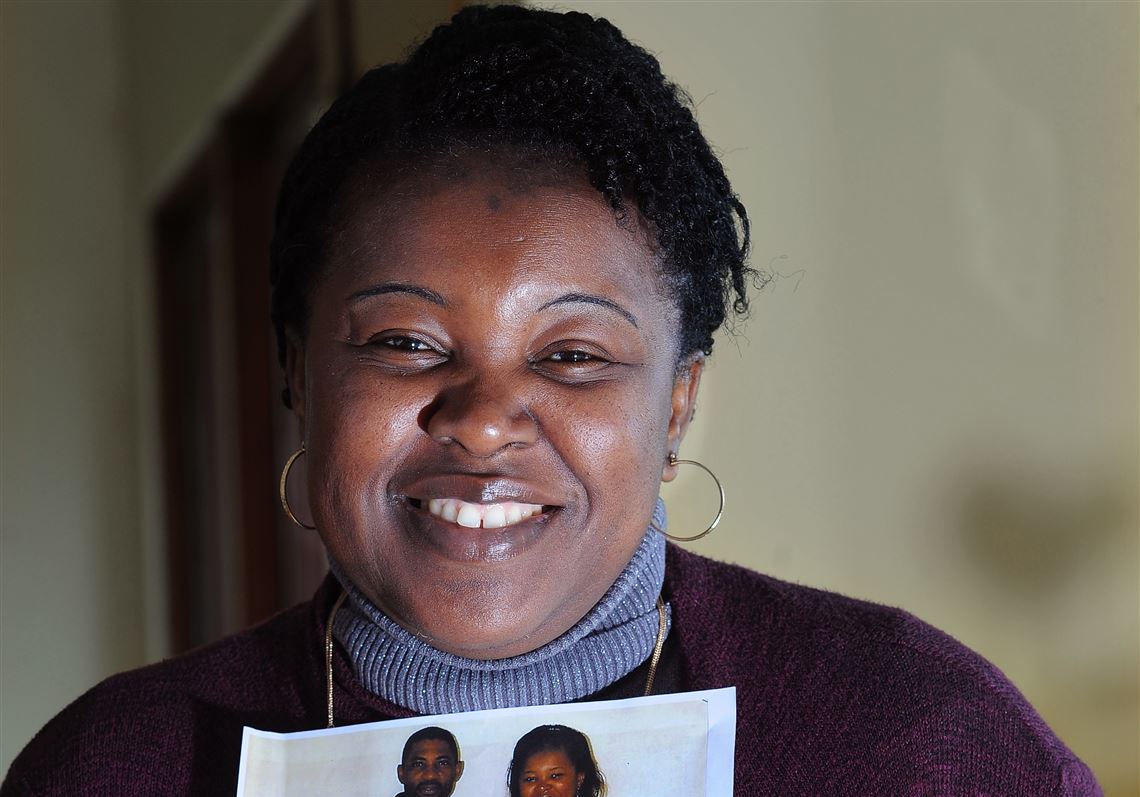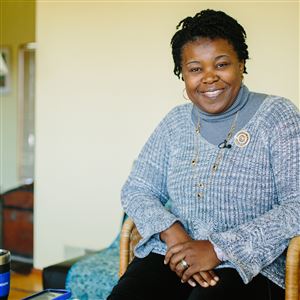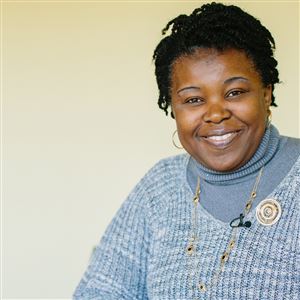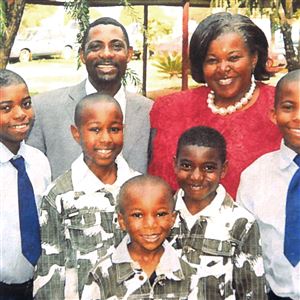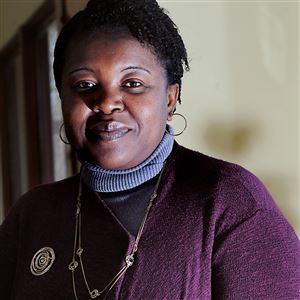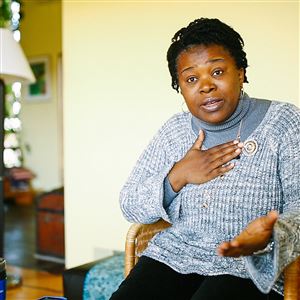Attorneys for Allegheny County Children, Youth and Families and KidsVoice argued in recent court filings that a 6-year-old girl up for adoption should be placed with her foster mother in Penn Hills and not her maternal aunt in Cameroon.
Common Pleas Judge Guido DeAngelis must now decide.
The contentious and lengthy contested adoption case includes several irregularities. Among them, CYF did not check the criminal histories of the family members of the adopted mother -— missing an attempted homicide and sexual assault convictions of the woman’s adult son who is a Megan’s Law offender — and that CYF, KidsVoice and the court appeared to be ignoring the widely accepted standards of family finding and kinship care.
The child entered the foster care system in 2011, and her foster mother, Deborah Cutrary, who has had custody of her since July 2012, filed a petition to adopt her two years later.
At the same time, the girl’s maternal aunt, Catherine Gana, who lives in Bamenda, Cameroon, in Central Africa and is raising the girl’s two brothers, also filed a petition to adopt.
Ms. Gana arrived in the United States in July 2014, hoping to forge a relationship with the child, but an order had been issued forbidding her contact with the girl. Repeated requests for visitation have been denied. The aunt has remained in the United States throughout the pendency of the case, staying with a host family from a Presbyterian church in Greensburg.
A trial in the contested adoption began in February 2015 and continued through 16 different dates until February of this year. The parties’ findings of fact and conclusions of law were due on Friday.
Attorneys for CYF and KidsVoice, which serves as the guardian for the child, have argued that Ms. Gana arrived too late, has no relationship with the child and therefore should not be allowed to adopt her. Instead, they wrote in their court filings that Ms. Cutrary should be permitted to adopt.
But Ms. Gana argues that she arrived when she believed she was needed, that the law asserts that a child is to be placed with a biological relative when possible and that the only reason she has no relationship with the girl is because the courts have prohibited it.
CYF attorney Diann McKay in her 48-page filing wrote that “the continuity and stability of a child’s relationship and environment is an essential factor for the court’s consideration.”
In this case, she said, the strong relationship is between Ms. Cutrary and the child, who she said has flourished — evolving from being withdrawn and flat when she first arrived.
“Today she is a well-adjusted, cheerful, easy-going and loving child,” the CYF attorney wrote.
Ms. McKay noted that both Ms. Gana and Ms. Cutrary expressed concern and love for the girl, as well as stable lifestyles, employment and housing. They each also showed positive parenting skills, similar discipline methods and “a desire to instill similar moral and character values in children.”
“While there may be certain advantages to placement of [the child] with Ms. [Gana] (biological family and sibling contact, financial means for educational goals), those advantages do not outweigh the significant disadvantages of placement with Ms. [Gana] in Cameroon, Africa.”
Ms. McKay was not discounting the value of kinship, since “a sense of closeness with relatives can be critical to a child.”
But, she continued, the child has been living with Ms. Cutrary continuously for more than three years and has a stable and secure relationship with her. The girl views Ms. Cutrary as a parent, Ms. McKay wrote.
“Aside from the very limited presence via a computer monitor, Ms. [Gana] has never played a role in [the child’s] life.”
The CYF attorney noted that Ms. Gana did not come to the United States as soon as she learned her niece was in foster care, but said that she did not raise that issue “to cast blame or assert fault.”
Instead, the attorney continued, the effect of her failure to come more quickly to establish a relationship with her niece militates against placing the child with her, because she and her family “are strangers to [the girl.]”
Both Ms. McKay and KidsVoice attorneys Jennifer McGarrity and Amy L. Berecek acknowledged in their filings Ms. Cutrary’s son’s extensive criminal record raised by Ms. Gana at trial. But, they both wrote that there is no evidence the child is at risk. ”
“In Ms. Cutrary’s care, [the child] has progressed from a fearful, withdrawn child who did not engage with others socially in a developmentally appropriate manner, to a child [who] is happy, open, vibrant, cheerful,” KidsVoice wrote.
Like CYF, KidsVoice notes that Ms. Gana appears to be an experienced parent, and that, if placed with her, the child would get to know her biological family, but, Ms. McGarrity wrote, that’s not enough.
“But Ms. [Gana’s] positive attributes notwithstanding, this court cannot ignore how [the child] has spent over half her life with Ms. Cutrary, compared to Ms. [Gana] who only met [her] in person once.”
But, in her filing, Ms. Gana said the best place for the child is being raised with her siblings and family.
“If raised outside of her bloodline, [the child] will likely develop deep-seated questions about where she belongs, who she is, and will likely experience lowered self-esteem due to perceived rejection by her birth family,” she wrote.
If Ms. Gana gets custody, she said, the bond to Ms. Cutrary doesn’t need to end, nor does it have to be a negative experience.
“Maternal aunt will support, encourage and foster [the child’s] continued relationship with [Ms. Cutrary], such that [the child] may maintain this very important connection,” she wrote. “Any trauma that [she] may experience as a result of separation from [foster mother] now, will be outweighed by future long term gain as a result of uniting with her birth family.”
Paula Reed Ward: pward@post-gazette.com or 412-263-2620.
First Published: May 23, 2016, 4:15 a.m.








